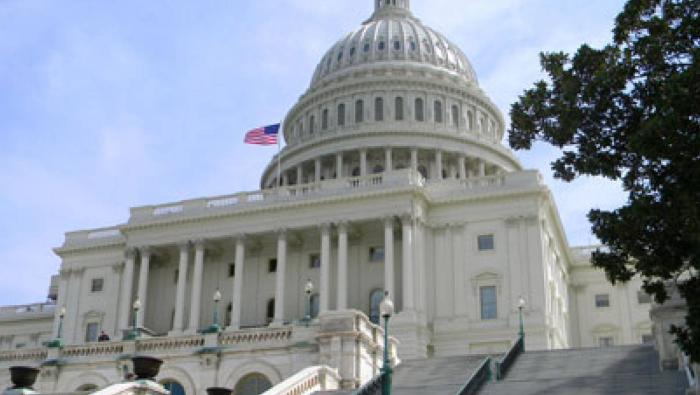The U.S. Federal Aviation Administration is preparing to close 149 contract ATC towers serving small and regional airports beginning April 7 as part of its plan to cut costs by more than $600 million under the federal government’s “sequester” mandate. Republican lawmakers accused the White House of blocking a measure that attempted to keep open the contract towers by funding them through the end of the fiscal year.
Following the agency’s tower-closure announcement on March 22, the Regional Airline Association said it is working with the FAA “to identify and mitigate what appear to be inevitable impacts on scheduled air service.” The association said the FAA’s plans could close towers at 89 passenger air service airports.
The FAA has said that cuts will require furloughs, or unpaid leave, for most of its 47,000 employees for one day per two-week pay period starting April 21, close contractor-operated and other ATC facilities and reduce costs in other programs. Towers targeted for closure handle fewer than 150,000 total flight operations and fewer than 10,000 commercial flight operations per year.
During debate on a new short-term funding measure to keep the federal government operating, senators introduced amendments seeking to protect specific programs from the impact of the sequester. One amendment, proposed by Republican Sen. Jerry Moran of Kansas and supported by aviation groups, would have added $50 million to the FAA’s operations account to keep contract towers funded through September, the end of the fiscal year. While some amendments succeeded, including a measure that prevents meat inspectors with the U.S. Department of Agriculture from being furloughed, Moran’s never came up for a vote.
Speaking to airport executives on March 20, the newly installed Republican chairmen of the House Transportation and Infrastructure Committee and its aviation subcommittee alleged that the White House was complicit in defeating Moran’s amendment by instructing Democrat Senate majority leader Harry Reid to prevent it from consideration by the full chamber. “The committee staff and I have looked at the budgets of the FAA. We believe they have flexibility to move money around, to keep some of these [towers] open, to keep all of them open maybe,” said Bill Shuster (R-Pa.), Transportation committee chairman. “I think the administration wants to scare some folks out there.” Responding to a questioner, Shuster said “the White House needs to come out and say publicly [why]. … You should get Harry Reid in here and ask him; that’s the stumbling block.”
Frank LoBiondo (R-N.J.), aviation subcommittee chairman, said: “I don’t believe this hangs on [FAA Administrator] Michael Huerta; I don’t believe this hangs on the FAA. I think OMB [the White House Office of Management and Budget] and the administration have decided that they were so out front on how the sky was going to fall with this issue that they’re determined not to use any flexibility which we think they have.”
Huerta addressed the conference, hosted by the American Association of Airport Executives and the Airports Council International, the following day. Asked about the Moran amendment, he said: “We heard that senators were objecting to its consideration… One of the things that you have to consider is–how does this set us up for 2014? The Moran amendment was really silent on that. I think that at best it was structured as kind of a bridge or an interim step.”







